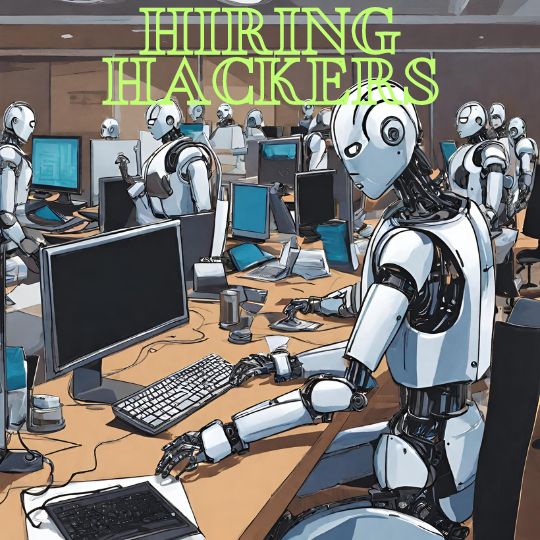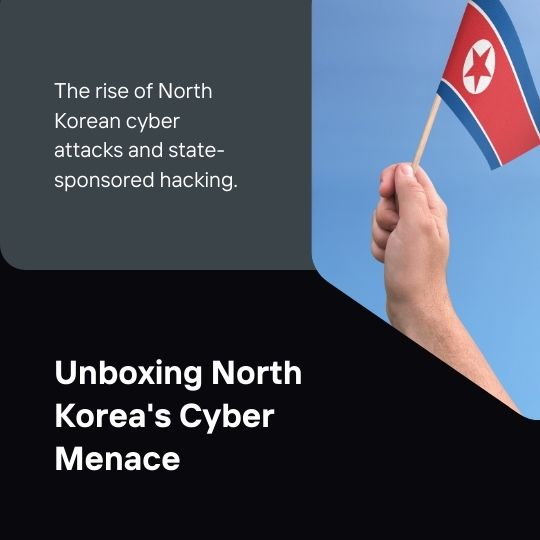The world has seen an unprecedented rise in cyber attacks in recent years. These attacks are not just carried out by anonymous groups or governments but also by individuals who are commonly referred to as hackers.
Hackers have often been portrayed as villains, but is that always the case? What motivates a hacker to break into computer systems? Is it for personal gain, fun, or something else? This article delves into the psychology of hackers, their motivations, and how their actions affect society.
As technology continues to advance, the threat of cybercrime looms larger than ever before. From small-scale data breaches to large-scale attacks on major corporations, the world of hacking is becoming increasingly complex and sophisticated. But who are the people behind these cyber attacks, and what motivates them to engage in this kind of activity?
In this article, we’ll take a deep dive into the psychology of hackers, exploring the mindset, motivations, and behaviors that drive them to hack for hire.
Motivations for Hacking
Hackers may be motivated by a variety of factors, including financial gain, political activism, or personal vendettas. Some hackers may be motivated by a desire for power or recognition, while others may simply enjoy the challenge of breaking into secure systems. Hackers may also be motivated by a sense of injustice or a desire to expose wrongdoing.
Personality Traits of Hackers
Research has shown that hackers often exhibit certain personality traits, such as high levels of curiosity, risk-taking behavior, and a desire for control. Hackers may also be highly intelligent and have a strong technical aptitude, which allows them to understand complex computer systems and exploit vulnerabilities.
Social Influences on Hacking
Social factors, such as peer pressure, online communities, and societal norms, can also influence an individual’s decision to engage in hacking. Hackers may be influenced by the actions of their peers, or by the culture of online communities that promote hacking as a form of activism or rebellion.
The Dark Side of Hacking
While some hackers may view their actions as harmless or even beneficial, the reality is that cybercrime can have serious consequences for both individuals and society as a whole. Hackers who engage in illegal activities may face criminal charges and imprisonment, while their victims may experience financial losses, identity theft, or emotional trauma.
Perhaps a good illustration of how a hacker for hire thinks can be found by the following mock interview between Vlad, a 28 year old hired dark web hacker, and Lucius, an investigative reporter for an independent online journal on cybersecurity.
Lucius: Hi Vlad, thanks for agreeing to talk to me. I’m really curious about your background and motivation as a hacker for hire on the dark web.
Vlad: No problem, Lucius. Happy to share my story with you. What do you want to know?
Lucius: Well, for starters, how did you get into hacking?
Vlad: Oh, I was always interested in computers and technology growing up. I taught myself how to code and started exploring different areas of computer science. Eventually, I stumbled upon the dark web and discovered that there was a whole underground market for hacking services.
Lucius: And you decided to get involved in that market?
Vlad: Yeah, I figured if there were people out there who were willing to pay for hacking services, I might as well be the one to provide them. Plus, I love the challenge of breaking into secure systems and finding vulnerabilities that others have missed.
Lucius: So, you enjoy hacking for the sake of it?
Vlad: Absolutely. It’s like a game to me. And the money doesn’t hurt either.
Lucius: Speaking of money, how much do you typically charge for your services?
Vlad: It depends on the job, of course. But I usually charge anywhere from a few hundred to a few thousand dollars. It all depends on how complex the target is and how much time and effort it will take to breach their defenses.
Lucius: And what kind of targets do you typically go after?
Vlad: Well, I don’t like to target individuals or small businesses. That’s just not my style. I prefer to go after bigger fish, like corporations and government agencies. It’s a bigger challenge, but it’s also more rewarding.
Lucius: I see. And how do you ensure that you don’t get caught by law enforcement?
Vlad: Well, I take a lot of precautions. I use encryption tools, VPNs, and other security measures to make sure that my identity and location are concealed. And I’m always careful not to leave any traces behind when I’m working on a job.
Lucius: That sounds very impressive. But don’t you ever worry about the ethical implications of what you’re doing?
Vlad: Honestly, not really. I see it as a victimless crime. I’m not hurting anyone directly. And if a company or agency can’t protect their own systems, then they deserve to be breached. It’s like leaving your front door unlocked and getting robbed. It’s their own fault.
Lucius: Well, I think that’s a controversial viewpoint. But I appreciate your honesty, Vlad. Thanks for taking the time to chat with me.
Vlad: Anytime, Lucius. Just don’t go getting any ideas about becoming a hacker yourself. It’s not as easy as it looks.


